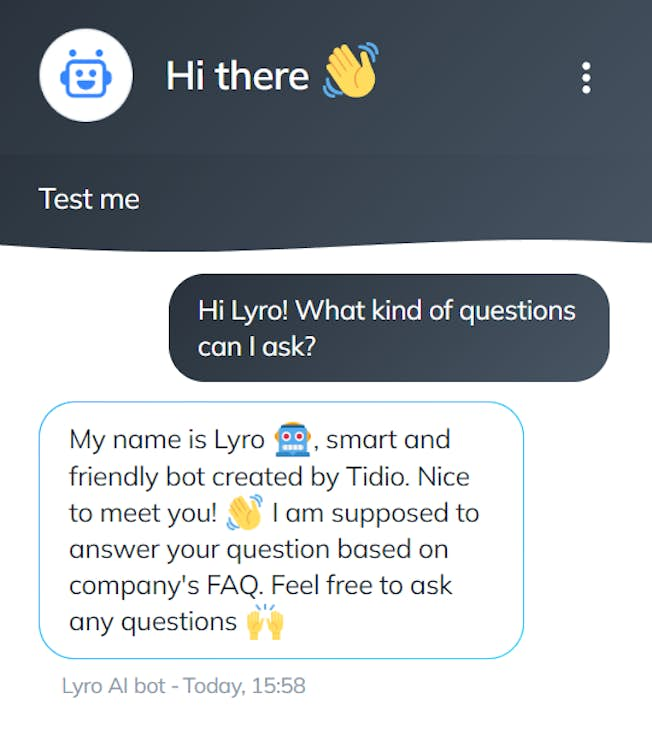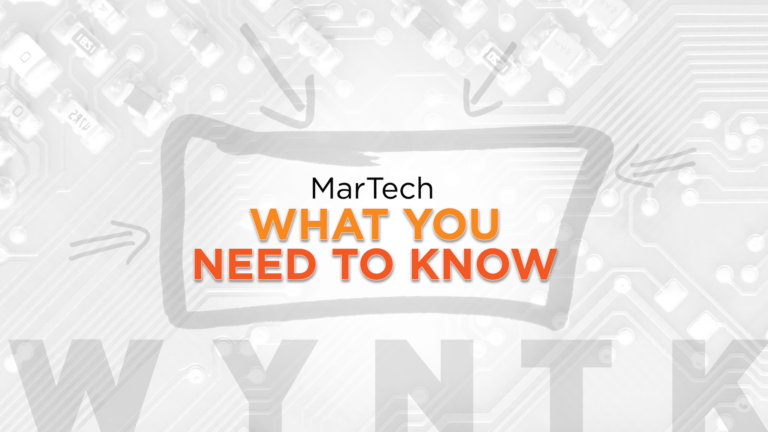The Impact of Artificial Intelligence on the Evolution of Digital Marketing
The realm of artificial intelligence (AI) has evolved beyond its traditional association with robotics, now offering a myriad of benefits for marketers. Its capabilities extend to automating routine jobs, crafting personalized content, managing leads, and forecasting customer actions.
This growth in AI’s versatility has triggered a surge in the development of innovative AI solutions. Tech firms are in a continual race to deliver advanced tools that support brands from different sectors in enhancing their operational productivity and achieving greater efficiency.
Digital marketing is undergoing a transformation due to AI, introducing novel methods for online search, receiving custom recommendations, interacting with companies through chatbots, and accessing information via voice search.
A recent poll among our users revealed that 68% find AI most beneficial for task automation, 46% for enhancing customer experiences, and 45% for better targeting and segmentation.
This post will delve into:
- The Advantages & Challenges of AI in Marketing
- Various AI Technologies in Marketing
- The Impact of AI on Digital Marketing Roles
- Prospects for AI in Digital Marketing
ChatGPT Guide for Marketers
Download now!
The Advantages and Challenges of AI in Marketing
Like any technology, AI comes with its set of benefits and drawbacks. Marketers must recognize these to strategically employ AI in their operations.
The Advantages
- Increases productivity – Automate monotonous tasks to dedicate more time to creative and strategic initiatives, such as employing AI for optimal social media post timings.
- Enhances efficiency – AI helps streamline everyday tasks like data entry, organizing campaign leads, and managing customer interactions.
- Provides valuable insights – Utilize AI to gather data on customers and campaigns for informed strategic planning.
- Facilitates personalization at scale – Leverage customer data to customize content or suggestions, improving the user experience in activities like email marketing.
- Content creation and optimization – Generate and optimize content across digital platforms using AI, essential for SEO to target specific keywords or phrases.
- Improves ROI – Employ AI to predict purchase behaviors, enhancing user experience and content relevance throughout the marketing funnel.
- Predictive analytics – Utilize historical data for forecasting market trends or consumer behavior, aiding more precise planning.
The Challenges
- Accuracy issues – Inaccurate data can result in erroneous analyses and costly decisions.
- Skills requirement – While AI tools are more accessible, they still demand specific expertise for effective application, highlighting the importance of skill development and practical use.
- Potential biases – The effectiveness of AI is contingent on the quality of the utilized data, necessitating vigilance for biases related to gender, race, culture, or socioeconomic factors.
- Data privacy and security – AI systems often deal with extensive datasets that may contain sensitive information, requiring robust security measures.
- Ethical considerations – Issues such as consent, data manipulation, targeted advertising, and intellectual property rights become more pronounced with AI-generated content.
Exploring AI Technologies in Marketing
The landscape of AI in marketing encompasses a broad array of tools, techniques, and approaches that emulate human intelligence in machines. Here’s a look at some leading AI technologies and their marketing applications.
1) Machine Learning
Machine learning enables machines to solve problems autonomously by analyzing past data and making data-driven decisions, essentially allowing them to “learn” independently.
Marketers can apply ML in various areas, including ad targeting, lead generation, and SEO, with platforms like Facebook, X, and Instagram leveraging ML to enhance user experience.
ML’s ability to sift through large customer datasets to identify patterns helps in creating personalized content for different segments across emails, landing pages, or social media.
2) AI Assistants & Chatbots
Chatbots utilize ML and Natural Language Processing (NLP) for interacting with clients, answering inquiries, and processing orders.
These days, visiting a website often greets you with a chatbot ready to assist, with platforms like Drift and Intercom providing automated response services.

Walmart has introduced the ‘My Assistant’ feature for its employees, utilizing generative AI to respond to queries and perform tasks like summarizing meeting notes and drafting job descriptions.
3) Voice Search
The advent of AI has diversified search capabilities, including voice recognition, which is increasingly popular among users. Google, for instance, integrates AI in its voice search technology across various products and services.
Voice search is crucial for SEO as users expect accurate brand information through verbal inquiries.
“Voice search allows brands to connect differently with their audience, revealing new content opportunities,” noted marketing expert Clark Boyd.
4) Marketing Automation & Personalization
AI-driven marketing automation leverages ML algorithms to optimize marketing tasks based on buyer behavior insights.
Benefits of AI in marketing automation include enhanced personalization, cost efficiency, ROI improvement, and data-driven decision-making.
An interesting application of AI in automation is ad targeting, demonstrated by tails.com’s use of Google’s AI features for a significant increase in conversions.
AI’s Role in the Future of Digital Marketers
Despite concerns about AI replacing jobs, it should be viewed as a vital tool in planning and optimizing marketing strategies, necessitating human input for refinement and enhancement.
Emphasizing human creativity alongside AI can lead to fulfilling and innovative work experiences, according to AI educator Kerry Harrison.
The Future of AI in Digital Marketing
AI is reshaping marketing strategies to better understand and engage customers through custom content and optimized digital channels.
Leading companies are integrating AI into their operations, reflecting a growing investment in AI solutions for marketing efficiency and customer interaction enhancement.
“69% of marketing departments are investing in AI tools, with another 29% planning future investments,” according to a recent Kaltura report.
The potential for AI in digital marketing is vast, with search marketing, personalized engagement, and platform-specific optimizations standing out as key areas for future developments.
Leveraging AI in Marketing Strategies
Advancements in AI offer significant opportunities for deepening customer connections and streamlining marketing efforts. Our AI in Digital Marketing course introduces these concepts and practical applications, equipping participants with essential AI tools and skills. Enroll to expand your digital marketing toolkit.
Related Topics
OptiPrime – Global leading total performance marketing “mate” to drive businesses growth effectively. Elevate your business with our tailored digital marketing services. We blend innovative strategies and cutting-edge technology to target your audience effectively and drive impactful results. Our data-driven approach optimizes campaigns for maximum ROI.
Spanning across continents, OptiPrime’s footprint extends from the historic streets of Quebec, Canada to the dynamic heartbeat of Melbourne, Australia; from the innovative spirit of Aarhus, Denmark to the pulsating energy of Ho Chi Minh City, Vietnam. Whether boosting brand awareness or increasing sales, we’re here to guide your digital success. Begin your journey to new heights with us!







